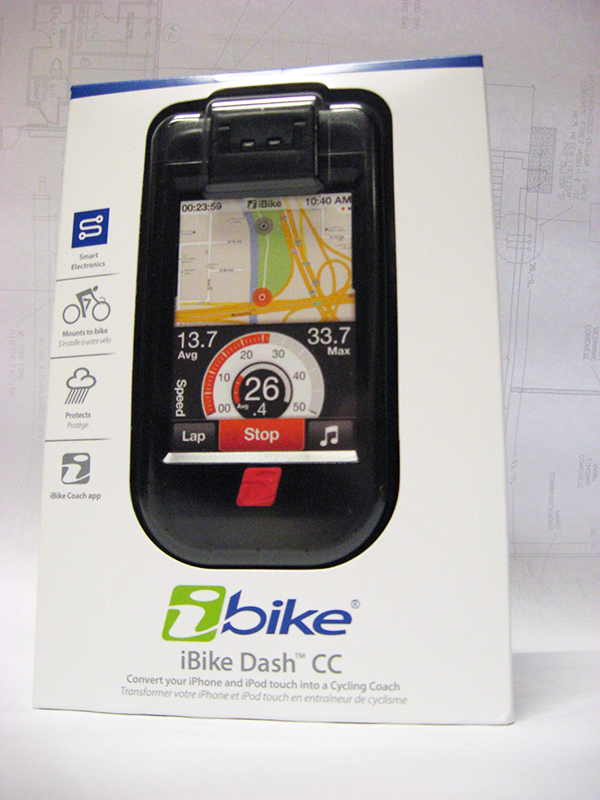
Last time, we took a look at Stage 2 of the Mechanical Development Process – the Prototyping Stage. We’ve also explored Stage 1 – the Conceptual Stage in a previous post. Here, we’ll be delving into the third and final part of the Mechanical Development Process – the Production Stage!
Production Stage: The final stage of mechanical development is the Production Stage where, once a concept has been validated through market research and prototype testing, the final design changes take place. Production design is often finalized by the product company, manufacturing facility or by a third party consulting firm. Sometimes this calls for a final “production-ready” prototype as many companies and manufactures find prototypes of this nature necessary for to validating the design prior to investing in expensive tooling and inventory. Final tweaks occur at this stage to ensure manufacturability and to reflect cost considerations. This final design, excluding versions 2.0, 3.0 etc, include manufacturing methods, 2D engineering drawings, 3D CAD files, materials selections and fully defines all components.
Most successful products follow this three stage process. A bit of variation exists as some simple projects seem to fly through straight to the store shelf while others require a bit of iteration and testing. However, they all typically touch on Concept, Prototype and Production, in that order. It’s important to keep the entire process in mind while developing. For example, ask at the early stage, “Can this be made?”; and when it is ready for tooling ask, “Is this the product we intended from the beginning?” While being cognizant of the whole path, one does not want to skip ahead or miss necessary steps. Since each stage requires greater investment than the previous one, it behooves inventors and companies to move in the proper order of development so they don’t spend unnecessarily. Following these stages also helps define how far along a project really is and better determines the current value of an idea. The closer an idea is to becoming a product, the more it is worth!
David Yakos is the VP, Director of Creativity at Salient Technologies, Inc.


